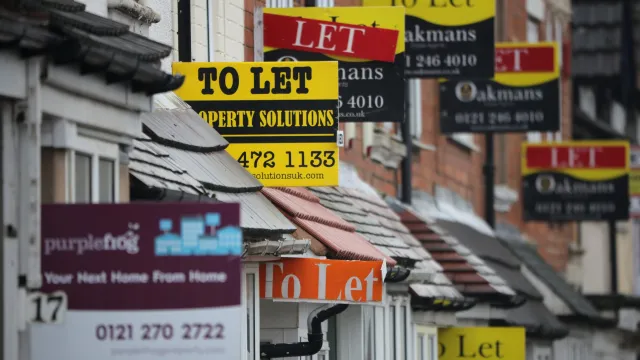Experts warn low income renters that they will struggle to meet housing costs following Chancellor Rachel Reeves’ decision to freeze the amount of housing benefit they receive from the Budget, The Guardian reported.
Local Housing Allowance (LHA) will be fixed at current levels until 2026, Liz Kendall, the Work and Pensions Minister, confirmed on Thursday. LHA has not kept up with rent rises for more than a decade. The Conservative Party had frozen it for seven of the last 12 years before raising rates earlier this year.
The Budget has come under criticism for maintaining local housing allowance at the same level despite rising rental costs. Cara Pacitti, senior economist at inequality think tank Resolution Foundation, said of last week’s budget:
LHA was increased to match local rents last year Since then, we’ve seen 8% rental [price] growth. That’s obviously totally unsustainable and, for a lot of families, that’s going to mean really significant gaps between the housing support they’re given and the private rents they’re trying to pay.
Private renters who rely on LHA to pay for their homes could face losing an average of £243 a year due to the freeze and £703 by the end of the parliament if rent prices continue to rise. The average cost of renting a private home in the UK rose by 8.4 per cent between September 2023 and 2024. Ben Twomey, Chief Executive of Generation Rent, said:
That is going to affect 4.6 million people who receive LHA. That seems to us to be a choice made by the government that denies support to those most in need of it. Half of those people receiving LHA have children who depend on them. So it’s really going to cause major problems in terms of driving people into poverty, driving people into homelessness and increasing rent arrears.
The rise in rents is due to the exit of landlords from the market and the creation of a rent deficit, as well as rising costs incurred and increased regulation, according to Chris Norris, director of policy at the National Residential Landlords. The decision to raise stamp duty on second homes and homes bought to rent from 3 per cent to 5 per cent will reduce the number of private rentals on the market.
